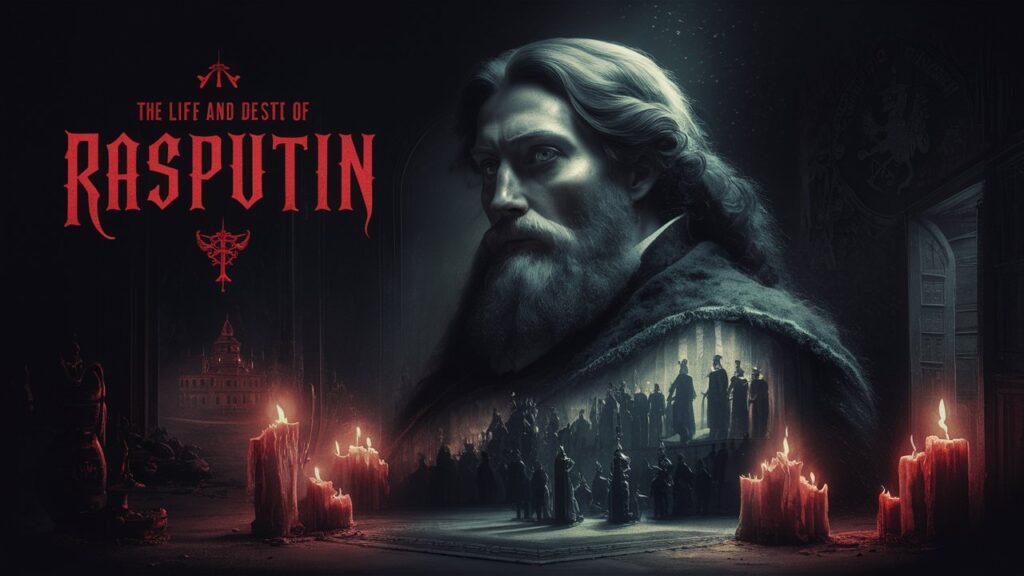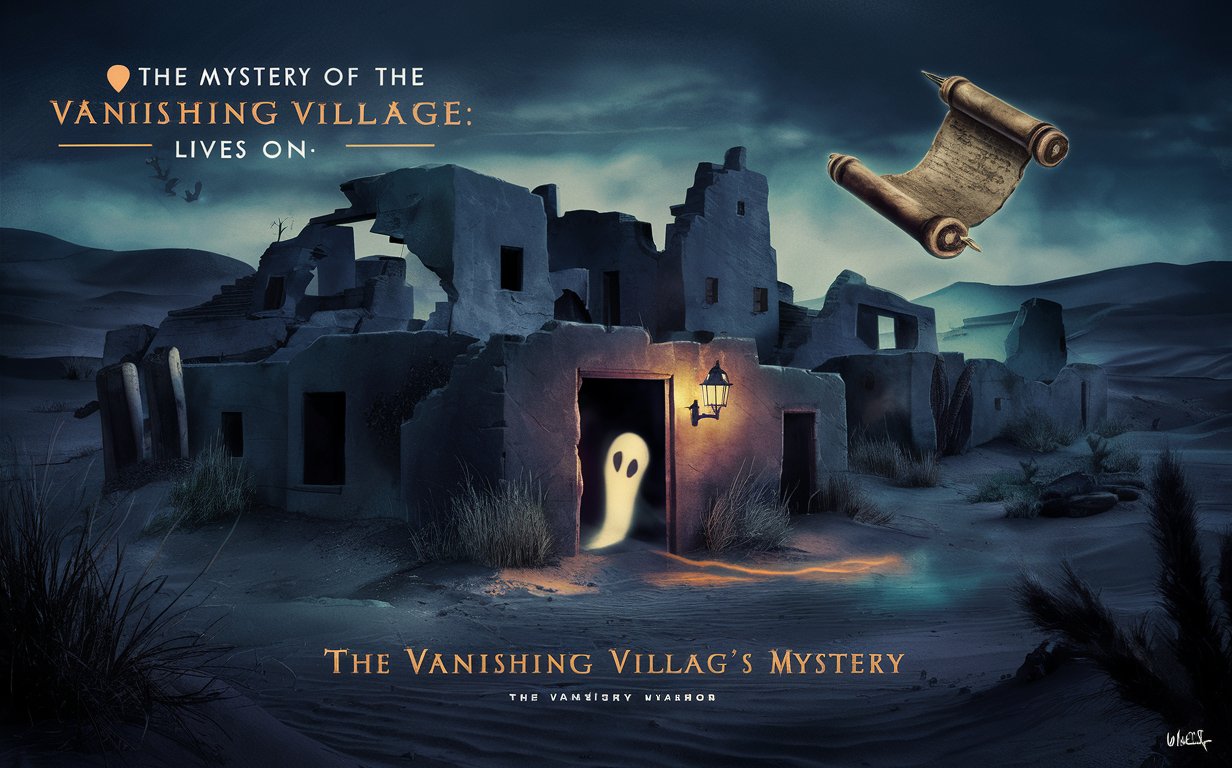The Life and Death of Rasputin: The Mad Monk Who Shook Russia

Grigori Yefimovich Rasputin is one of the most enigmatic figures in Russian history, often remembered as the mystical healer, the mad monk, and the man whose influence over the Russian imperial family led to both admiration and scandal. His life and death are shrouded in mystery, intrigue, and a host of rumors, many of which have fueled myths about his role in the downfall of the Romanov dynasty. In this article, we’ll explore the life, mystical beliefs, and the bizarre circumstances surrounding Rasputin’s death, which remains one of history’s most infamous tales.
Early Life: The Origins of a Mystic
Grigori Rasputin was born in 1869, in a remote village in Siberia, Russia. His family was poor, and Rasputin grew up as a peasant with little formal education. Some historians believe that his early life was largely unremarkable, with Rasputin spending his youth as a farmer and a drifter. However, Rasputin’s spiritual journey would soon take a dramatic turn.
At the age of 18, Rasputin embarked on a pilgrimage to a monastery, and it was here that he reportedly underwent a spiritual awakening. He returned to his village with a deep sense of religious conviction, claiming to have had mystical visions and a direct connection with God.
As Rasputin’s reputation as a holy man grew, he began to attract attention for his charismatic presence, healing powers, and prophetic abilities. While some saw him as a genuine spiritual figure, others considered him nothing more than a charlatan. Nevertheless, Rasputin’s mysterious reputation spread throughout Russia, eventually reaching the ears of the Russian royal family.
Rasputin and the Romanovs: The Monk Who Gained Influence
By 1905, Rasputin had found his way to the Russian court, and his encounter with the Romanovs, particularly Tsarina Alexandra, would change the course of history. The Tsarina, wife of Tsar Nicholas II, was deeply religious and desperate to find a way to help her son, Tsarevich Alexei, who suffered from hemophilia, a dangerous blood disorder. Alexei’s condition made him prone to severe bleeding from even minor injuries, and conventional treatments had failed.
Rasputin, with his self-proclaimed healing abilities, was introduced to the royal family. Remarkably, his presence seemed to have a calming effect on Alexei, and for reasons that remain unclear, the boy’s symptoms appeared to improve when Rasputin was near. The Tsarina became convinced that Rasputin had been sent by God to heal her son, and soon, Rasputin gained tremendous influence over the royal family.
Rasputin’s Influence and Scandal
Rasputin’s closeness to the Romanovs raised eyebrows across Russian society. He quickly became entangled in the royal court’s politics, offering advice to the Tsarina and even taking part in state matters. His influence, particularly over Tsarina Alexandra, grew steadily, and by the time World War I began in 1914, Rasputin was considered an unofficial advisor to the royal family.
However, Rasputin’s increasing influence sparked controversy. Many nobles and members of the Russian aristocracy were suspicious of him, particularly as rumors of his licentious behavior began to circulate. Rasputin was accused of womanizing, living a life of debauchery, and using his power for personal gain. Some accounts suggest that he had affairs with several women at court, and his mysterious aura only added to the growing public distrust of him.
Despite these allegations, Rasputin’s influence over the royal family continued to grow, and his supporters believed that his presence was necessary for the survival of the Romanov dynasty. However, his critics saw him as a manipulative charlatan who was damaging Russia’s reputation.
The Death of Rasputin: The Mystique of His Demise
The life of Rasputin came to a dramatic end in 1916. The exact details of his death remain a subject of debate, and several different versions of his final moments have been suggested. The most commonly accepted story involves a plot by a group of Russian nobles who were deeply alarmed by Rasputin’s growing influence over the royal family.
The Plot to Kill Rasputin:
A group of aristocrats, including Prince Felix Yusupov, Grand Duke Dmitri Pavlovich, and others, decided to take matters into their own hands. They invited Rasputin to the residence of Yusupov, promising him a private meeting. Rasputin was served cyanide-laced cakes and wine, but to the shock of his would-be assassins, the poison seemed to have no effect on him. Rasputin, reportedly unfazed, demanded more cakes and wine.
Believing the poison had failed, the conspirators then shot Rasputin multiple times. However, Rasputin survived the initial attack and allegedly attempted to flee. As he ran, he was shot again, and this time, the fatal blow was delivered. Rasputin’s death was violent and dramatic, and his final moments became part of the legend that surrounded his life.
The Mystery of Rasputin’s Death: Myths and Theories
Rasputin’s death became the subject of myths and superstitions, fueling stories that would be passed down for generations. The bizarre circumstances surrounding his assassination, particularly his apparent ability to survive the initial poisoning, led many to believe that he had supernatural powers.
Some versions of the story suggest that Rasputin escaped the poison because he was somehow protected by his supposed connection to God. Other theories claim that Rasputin’s apparent survival was due to the fact that the poison was either poorly administered or ineffective.
The mystery of Rasputin’s death was further compounded by reports that his body was examined after death. It was said that he had suffered multiple gunshot wounds, but some accounts suggest that Rasputin’s body showed signs of struggling to escape, leading to even more speculation about the circumstances of his demise.
Legacy and Conclusion: Rasputin’s Lasting Impact
Rasputin’s life and death have fascinated historians, writers, and filmmakers for over a century. His influence on the Russian royal family, his mysterious healing powers, and his scandalous behavior all contributed to his larger-than-life persona. His assassination, with its dramatic and almost mythical qualities, became the stuff of legend.
Rasputin’s death marked the end of an era for the Romanovs, and just two years later, Tsar Nicholas II and his family were overthrown in the Russian Revolution. The monarchy fell, and the Romanovs were executed, marking the end of Russia’s imperial rule.
Rasputin, often seen as a symbol of the decadence and decline of the Romanov dynasty, remains one of the most enigmatic and controversial figures in Russian history. His life and death have inspired countless books, movies, and theories, cementing his place in history as the mad monk who shook the very foundations of imperial Russia.



Post Comment